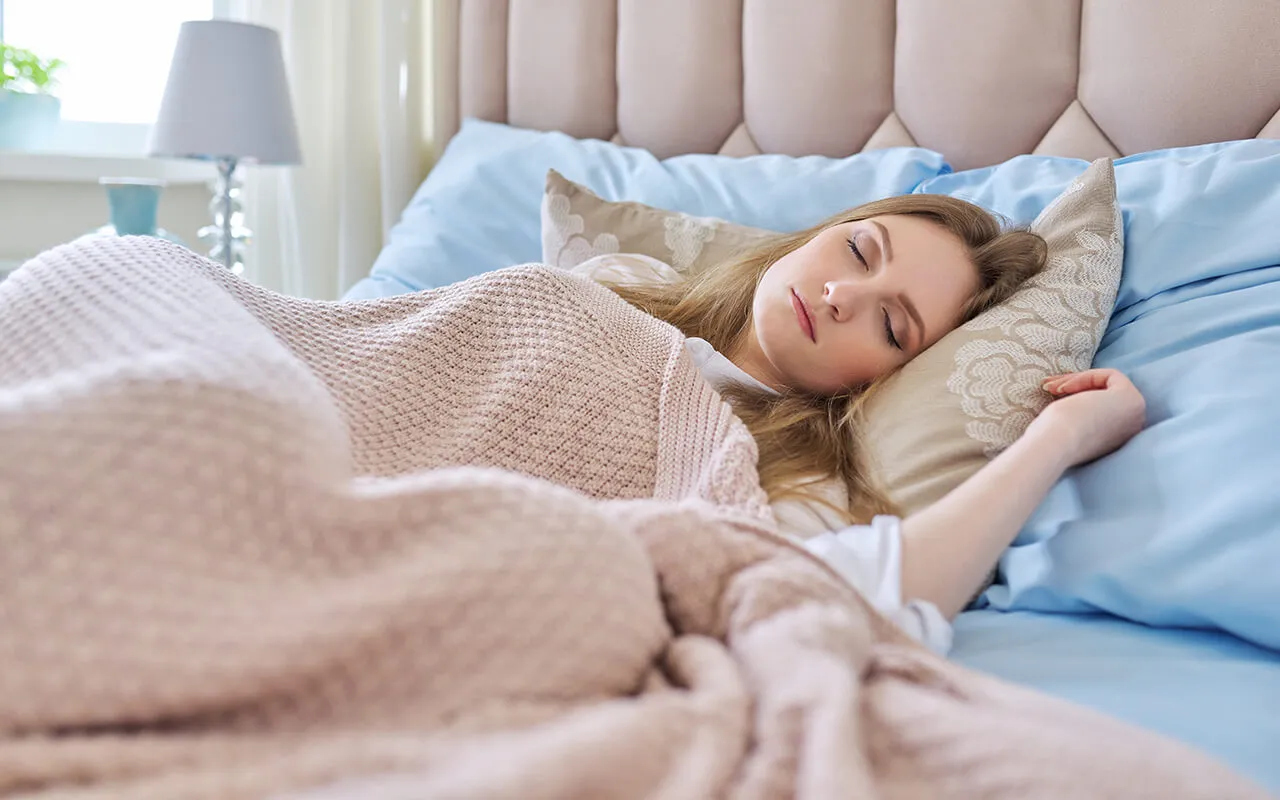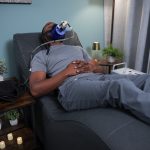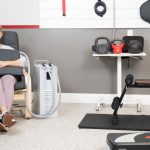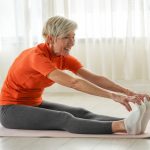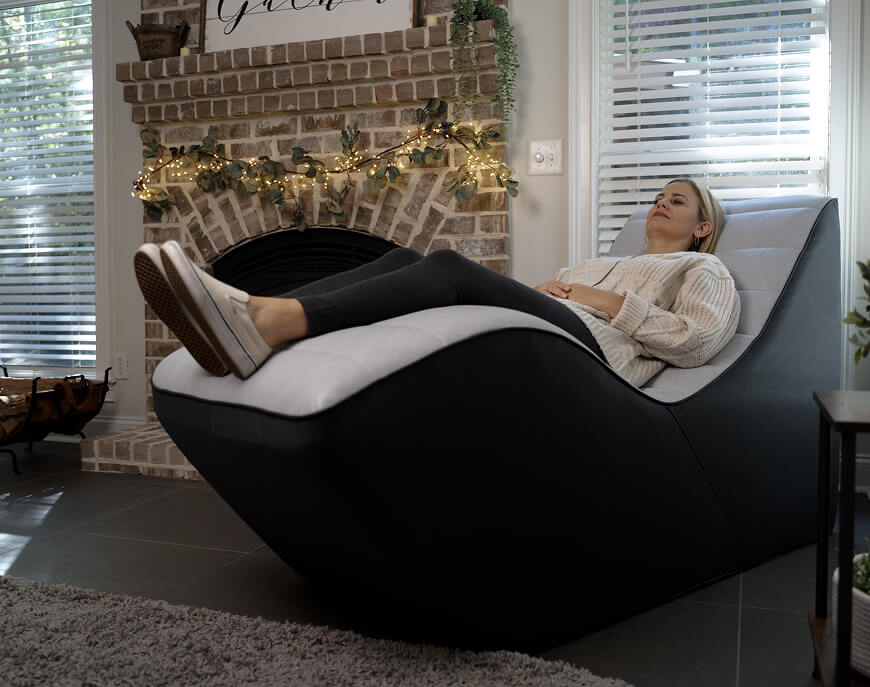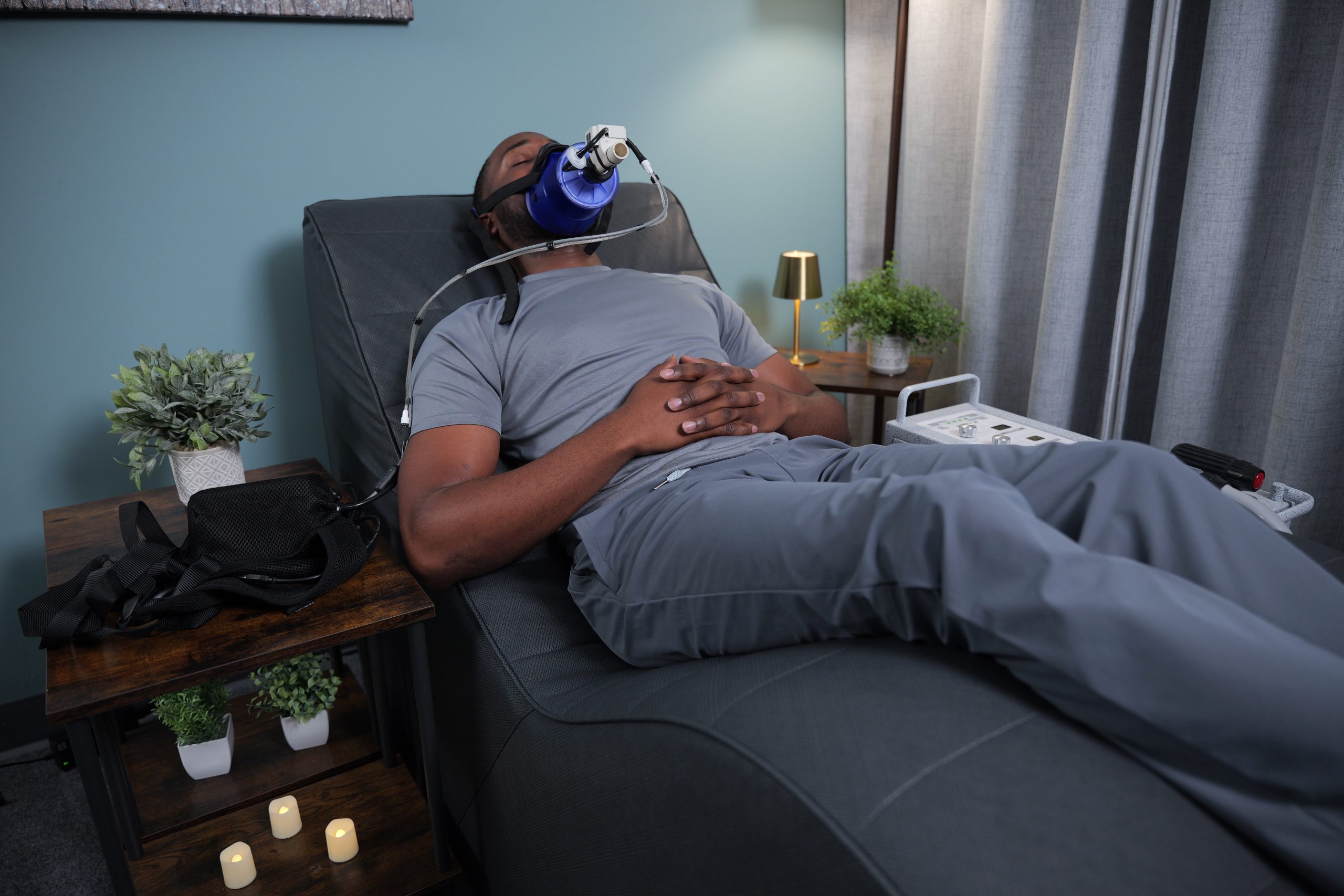It’s obvious then that many of us struggle to get the sleep we desperately need. The pharmaceutical market is flooded with medications that promise better sleep, but the side effects are often just as bad as insomnia. Are there any alternatives out there that might be effective in our quest for a good night’s sleep?
How to Improve Healthy Sleep Habits
Let’s start with the basics! These sleep hygiene recommendations are simple and either free or low-cost (and who doesn’t like that?)
Stop using electronic devices within 1 hour of bed. The blue light emitted from your phone or tablet increases alertness and can limit your body’s ability to produce melatonin naturally. Blue light can mess with your natural circadian rhythm, and that can even trick your brain into thinking it’s daytime.
Reduce the temperature in your bedroom, but not too low. A higher temperature can cause you to toss and turn. A temperature that is too low can also make you uncomfortable. Sixty-five degrees (F) is generally a good average.
Keep daytime naps very short. Long naps during the day (generally over 30 minutes) can make you groggy and confused. It can also alter your circadian rhythm and make it difficult to fall asleep at night. Try to keep your naps around the 20 minute mark.
Create consistency in your sleep schedule. Setting a consistent sleep schedule helps your body get into a pattern of sleep and awake. After a while, you may notice that you don’t even need an alarm clock!
Make the room as dark as possible. Any bright light (no matter how small) in the room can trick your brain into thinking it’s daytime. Cover the light from your alarm clock, invest in some blackout curtains, and do whatever you can to eliminate any other light sources (even if they are small).
Keep your feet warm. Cold feet means less blood flow, which means your body is not going to relax very well. Put some cozy socks on, let your feet warm up, and see if it helps you sleep better.
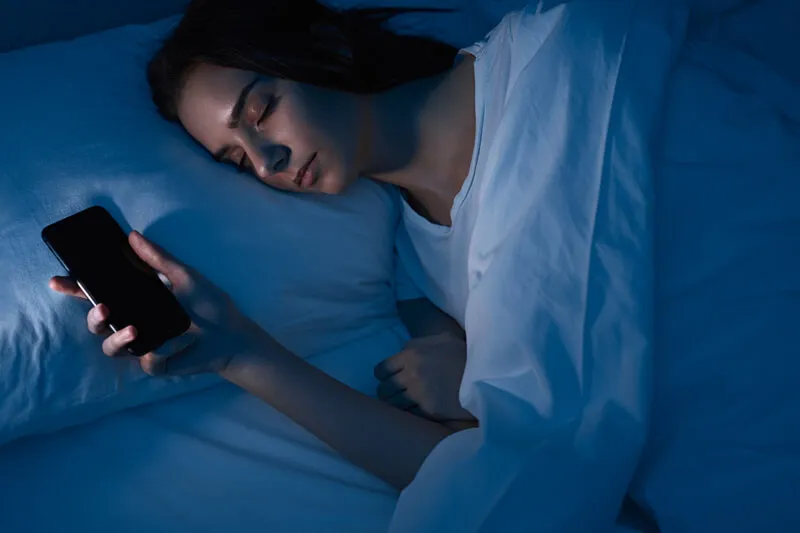
Lifestyle Changes
Some of the following options could be very expensive, while others will save you a lot of money. Choose what works best for your current situation.
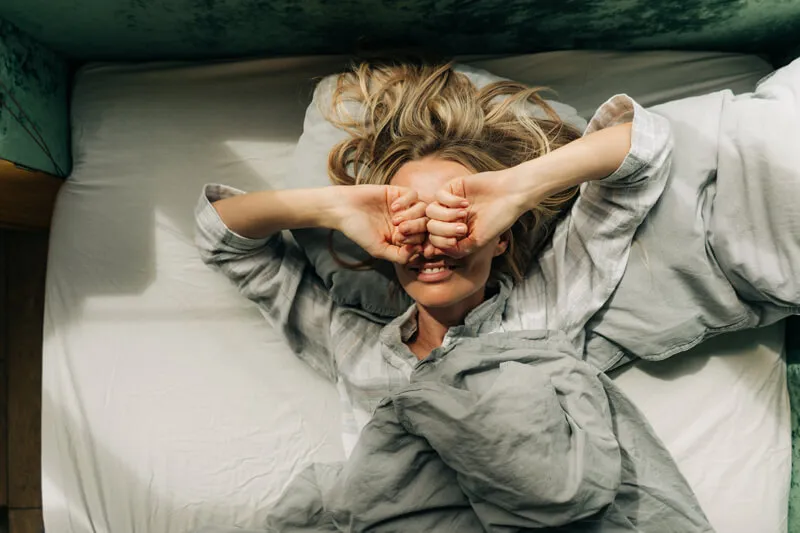
Put down the cigarettes! Smoking increases your risk of developing sleep apnea, asthma, and other breathing problems. All of these can cause severe sleep disturbance.
Use alcohol in moderation. Even a tiny amount of alcohol around bedtime can disturb your sleep, and drinking a large amount can decrease your sleep quality by as much as 40%! You may fall asleep faster when you drink, but it will interfere with your sleep as the alcohol slowly metabolizes in your body. You don’t have to avoid all alcohol, but it is best to drink in moderation.
Get outside! Getting enough natural light during the day helps you to fall asleep easier at night. And weather permitting, being able to ground with the Earth will also help to improve your sleep. If you can’t get outside, you can use your Pulse PEMF device to mimic the Earth’s natural frequency.
Take a warm bath. Taking a warm bath an hour or two before bed can help you to fall asleep faster. You may not want to do it immediately before bed, which can raise your core temperature too much.
Try a new pillow. Pillows are not one-size-fits-all. Depending on your primary sleep position, you may need a thicker/thinner or softer/firmer version than you currently have.
Get a new mattress or mattress topper. Experts recommend a new bed every 5-8 years. It may be best to look for one that allows for a free in-home trial period. It may take up to 8 weeks or longer for your body to adjust to the new sleeping surface.
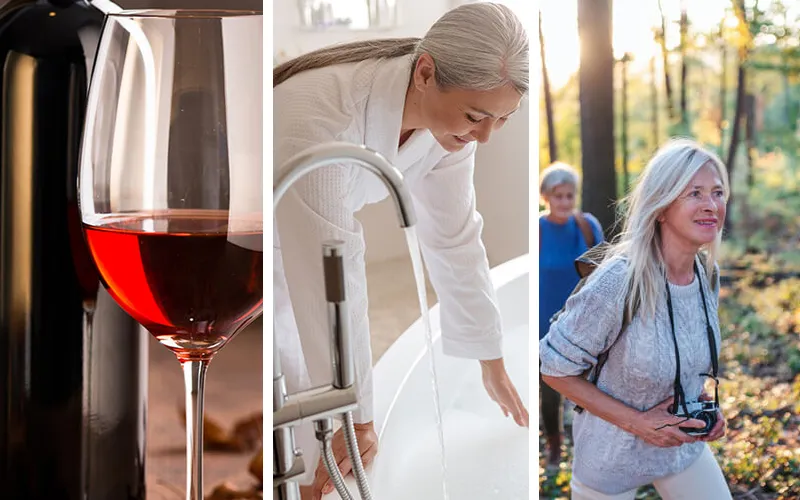
Dietary Changes and Supplements
If you are going to introduce any of the following items into your sleep routine, we advise you to check with your doctor first. Even though these are natural products, they could still cause adverse effects if taken incorrectly or combined with certain underlying health conditions and medication.
Magnesium: a well-known supplement for improving sleep. It activates and regulates the parasympathetic nervous system, which in turn, helps you to relax. A word of caution: certain types or quantities of magnesium can cause severe intestinal discomfort.
Lavender essential oil: contains compounds that cause the brain and nervous system to calm themselves.
Valerian Root: can help you to fall asleep faster and get a better night’s rest.
Passion Flower: it appears to bump up gamma-aminobutyric acid (GABA) levels in your brain. GABA helps to quiet down some of the brain cells, making you more relaxed.
Chamomile: causes sleepiness and reduces anxiety. It is lovely in a cup of hot tea with honey (which can also help with sleep).
Lemon Balm: may act to reduce anxiety. It is generally combined with other herbs like passion flower, valerian, and chamomile.
Melatonin: some people call this a Magic Pill for its effect on sleep. The body already makes melatonin, but some people don’t produce enough. It is best to start with a very low dose and slowly add more if necessary. Melatonin is known for causing vivid dreams, so it’s best to take as little as possible.
Tart Cherry Juice: appears to contain natural melatonin. Get a version without any added sugar, and organic is best. Start with 1-2 tablespoons, and increase as needed.
Eat foods rich in tryptophan, carbs, and potassium: there is a good reason why you feel sleepy after that turkey dinner! Other options include cheese, walnuts, beans/hummus, elk, baked potatoes, or bananas. Just be careful not to eat a large meal right before bed, as the digestive process could keep you awake.
A Better Night's Sleep is Possible!
It can be exceptionally frustrating and exhausting (pun intended) when you can’t sleep well. But there are solutions available! The options we have suggested here barely scratch the surface of the many things you can do to improve your sleep.
If you find something that works well for you, let us know! Drop us a line at support@pulsepemf.com.

